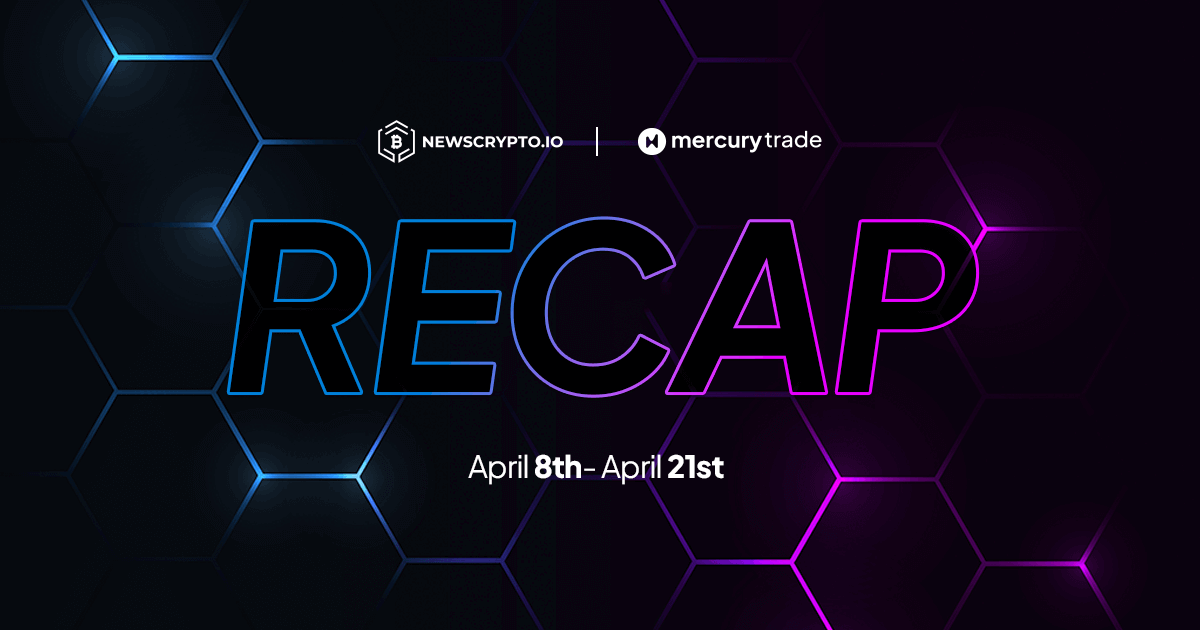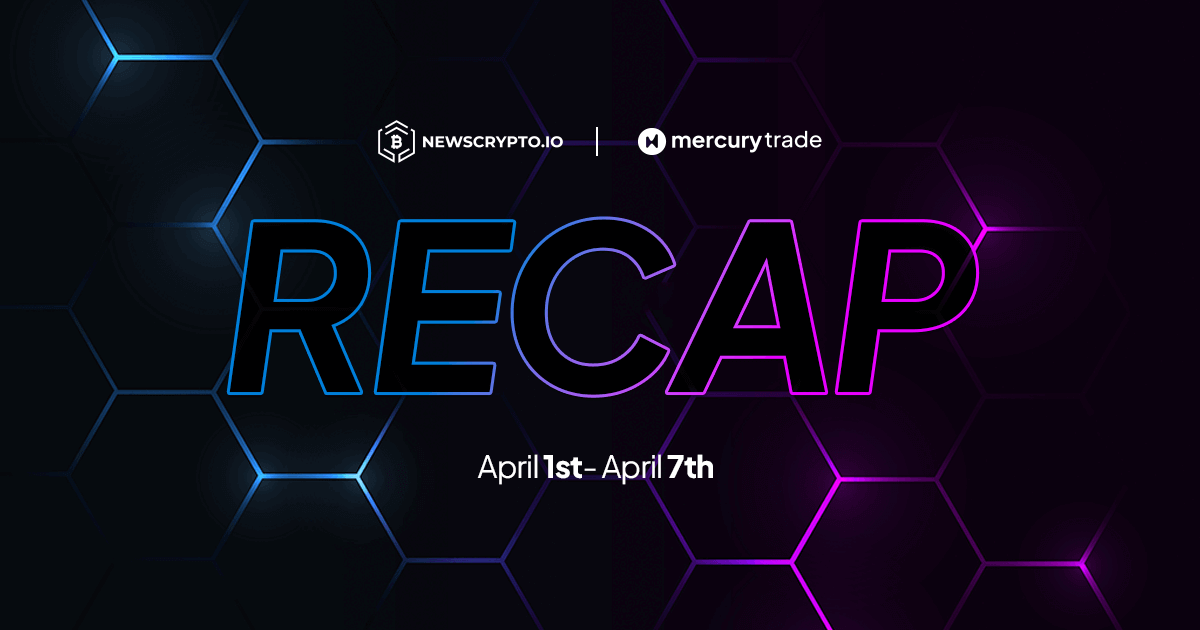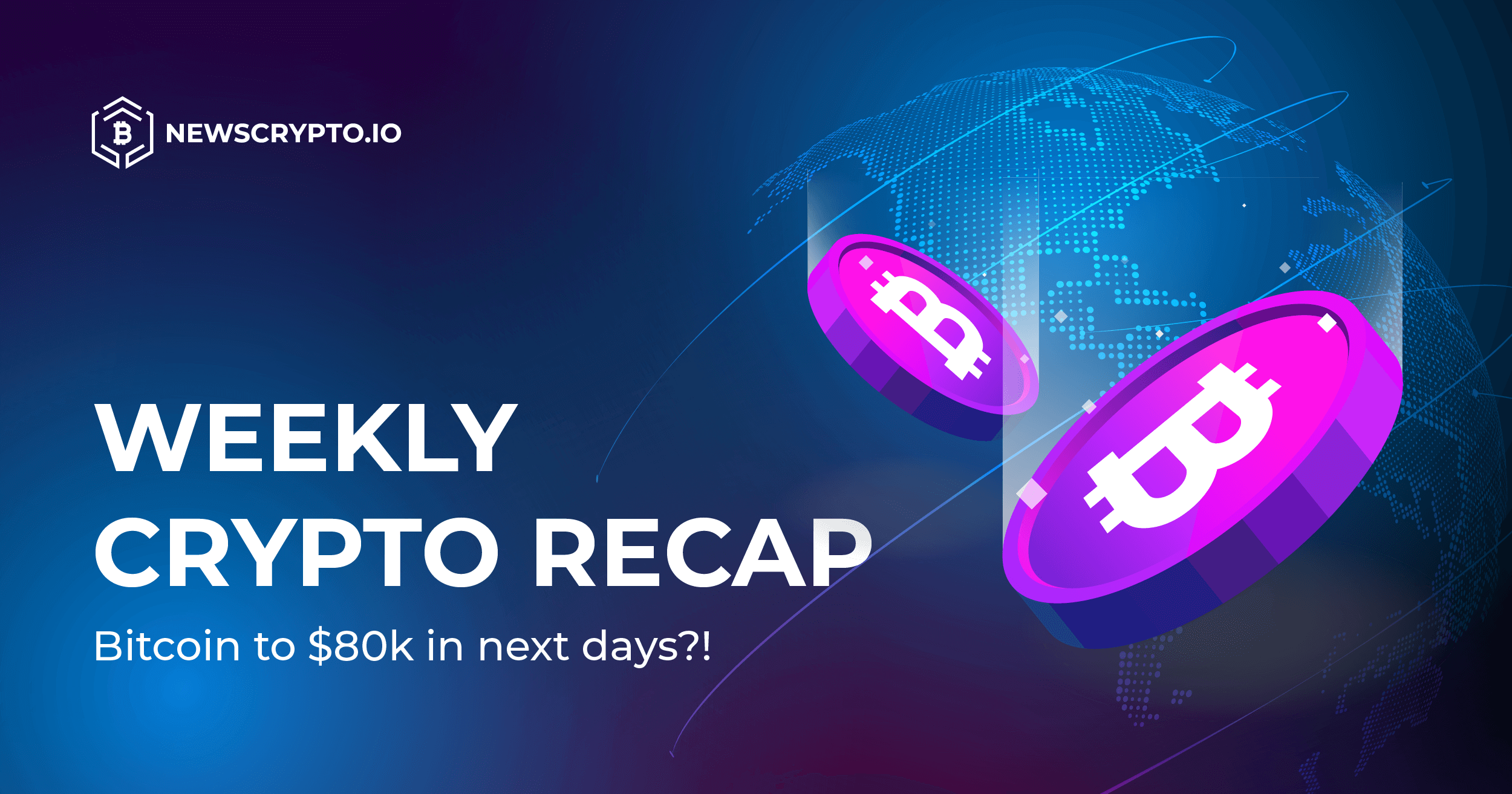Cryptocurrencies have come a long way from being just a medium of exchange as seen with early projects like Bitcoin (BTC), Ripple (XRP), Dash (DASH), and more.
Today, the crypto ecosystem consists of various projects equipped with native tokens granting its users distinct privileges and access to services. Through these tokens, blockchain protocols are connected to the real world; Bitcoin users can only enjoy Bitcoin’s benefits by transacting with the (BTC) currency.
As more projects began to appear on the market with different mission statements, offering different services, tokens began being utilized for other reasons aside from just transferring monetary value. Bitcoin’s focus was peer-to-peer (P2P) transacting, today’s projects focus on disrupting other sectors of our economy in a decentralized fashion. Users interact with these protocols through the use of their native tokens. Today, the two common types of tokens aside from currencies are governance tokens, and utility tokens, each classification offering distinct benefits.
Governance Tokens
Decentralization is the common theme of the crypto space, and certain protocols emphasize its importance more than others. Decentralization deals with the way authority is structured within an organization, all members are given equal influence in management.
Platforms like Uniswap utilize their native token (UNI) to allocate authority into the hands of the users on the protocol. Participants can invest their funds for a personal stake in the network. In exchange, they are given UNI tokens which grant them the right to vote on innovative proposals. A user’s influence on consensus is based on the size of their stake in the protocol, and while anyone holding UNI tokens can vote on proposals, creating a proposal of your own requires a minimum balance of 2.5 million UNI.
Proposals & Other Benefits
Proposals can range from altering a protocol’s infrastructure to increasing or decreasing fees on the network. Additional privileges include the right to delegate token ownership to another address, or allocating grants to developers, network contributors, community initiatives, etc.
A governance token model aims to work around central management by allocating authority into the hands of participants on a decentralized protocol.
Utility Tokens
Protocols offering special services allow users to use these services by paying for them in the platform’s native token. These currencies go beyond just a medium of exchange and connect users to blockchain-based services and products like non-fungible tokens (NFTs). Utility tokens are also used to reward users who contribute to these services like liquidity providers.
Providers are rewarded in interest for contributing funds to lending pools as seen on Compound and Aave. For platforms like Hive that allow users to create and curate content, users on these networks must pay a small fee in HIVE tokens before posting any content or leaving comments under the post of other users. Creators are then rewarded in HIVE tokens based on the engagement their posts and comments have received.
Uniswap’s token functions both as a utility and governance token, users swap tokens on an exchange, and the transaction fees are paid for in UNI coins, while also holding these coins grants you voting rights on proposals. Similar to governance tokens, utility tokens are not created through mining them; an initial supply is made at the genesis of a project and distributed throughout the network through means of rewards and purchasing tokens.
These tokens are great for incentivizing more users to participate on these networks, enabling members to potentially earn an extra stream of income and join governing councils.
Top 10 Tokens
It’s important to remember that tokens can classify as both governance and utility tokens based on the privileges that holding the token grants you. Below is a list of the top 10 governance tokens by market cap according to CoinGecko:
•Uniswap (UNI)
•Aave (AAVE)
•PancakeSwap (CAKE)
•eCash (XEC)
•Maker (MKR)
•Synthetix Network Token (SNX)
•Amp (AMP)
•Curve DAO Token (CRV)
•Compound (COMP)
•Decred (DCR)
Here are some of the top tokens in terms of utility as provided by LaptopMag:
•Ethereum (ETH)- Most utilized network after Bitcoin.
•Solana (SOL)- Utilizes proof-of-history (POH) protocol.
•Monero (XMR)- Used for privacy confidentiality.
•Vechain (VET)- Used for supply chain management.
•Polkadot (DOT)- Offers cross-chain integrations.
•Hedera (HBAR)- More energy efficient than traditional distributed ledgers like Ethereum.
•Aave (AAVE)- Most utilized P2P lending protocol.
•NewsCrypto (NWC)- Educational and trading ecosystem offering reports and insights into the crypto world.
Bottom Line
Governance and utility tokens make decentralization more possible by enabling users to participate in a self-sustaining environment. The disruptive nature of blockchain technology offers endless possibilities.




